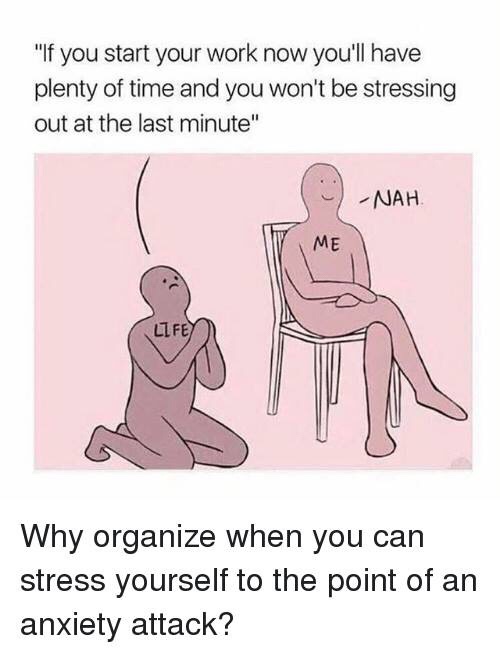Without effort in the HSEQ space, plenty of workplaces still get finely rewarded for their laziness. It’s fundamental. It’s easier, often faster and you often then make more money etc. etc.
It’s a common thing to see work occurring for an organisation which I know has strict HSEQ requirements of their team members and/or contractors. At a contractual level, the businesses doing things well can often get beaten into submission by the race to the bottom when they get out bid by a competitor who undercuts them – but them makes profit by failing to follow through with any of their HSEQ commitments.
Now I’m not talking about general ones about “duty of care” and “work safely” which can have a wide range of interpretations. I’m talking about ones where the commercial client has made those tendering for the work to state they’ll comply with very specific requirements and provide evidence of this in order to be in the running. That’s not a bad thing and in today’s age of cost effectiveness and efficiency, I’m the first one to agree with reducing wastage and that includes money wasted in the HSEQ space. The issue is when a contractor bids at a price they know they cannot achieve, so does the high risk work at 3-4am in the morning – clearly and knowingly breaching the explicit requirements they said they’d achieve in order to generate a profit margin where before there was none.
The sad thing is that, it’s probable they’ll get away with it most of the time. That’s the nature of risk – you’re basing things off a probability, and it might work out ok. It also might not.
The ISO 31000:2018 definition of risk is “the effect of uncertainty on objectives”, so are you willing to put catastrophic consequence potential into a job just to make a profit? I hear and see (including just today…) this still commonly.
But, I am not here to police people to do the right thing when they’re only going to hurt themselves. If they wish to do dumb stuff, then that’s their call. What I am concerned about is the ubiquitous race to the bottom for price and the impact it has on those doing the right thing to cut corners in order to win work. My morale challenge is knowing despite increasing pressure to demonstrate how they’ll do the right thing, but budgets and market pressure encouraging them to not follow through. It’s perfectly understandable that people give up and leave their relevant industries or just end up cutting corners knowing they’ll likely get more reward for the wrong thing than the right thing……..well that is until someone falls out of their EWP or gets hit by a car that never saw them working there.
My advice is always that the cowboys are getting less and less now given most people don’t do the wrong thing out of clear knowledgeable violation. They generally do it thinking they’re OK. So while organisations are asking for contractors to demonstrate they’re going to be doing the right thing, those who don’t know what the right thing is are going to win less and less work, and get forced into smaller and smaller sections of the market. Once this is occurring, the impact of price becomes less of an issue because then the true positive impact of reliability and good HSEQ outcomes will be far more profitable than risking everything on a small gain.
To summarise, I’ll say to keep on doing the right thing regardless of these cowboys out there. They’ll be winning less work and be having more incidents. When you’re talking about significant falls from heights, or a fire at a fuel station, or a worker or member of the public getting hit by a vehicle in your workplace, it’s not likely to be cheaper than all the profit margins you’d save by cutting a few corners. In fact, for most small to medium sized businesses, it’s unlikely they’ll still be in business afterwards.
And all that will be left are those doing the right thing. Then you’ll be thankful for the outcomes you deserved from your hard work. And the cowboys will be regretting the outcomes they deserved…






